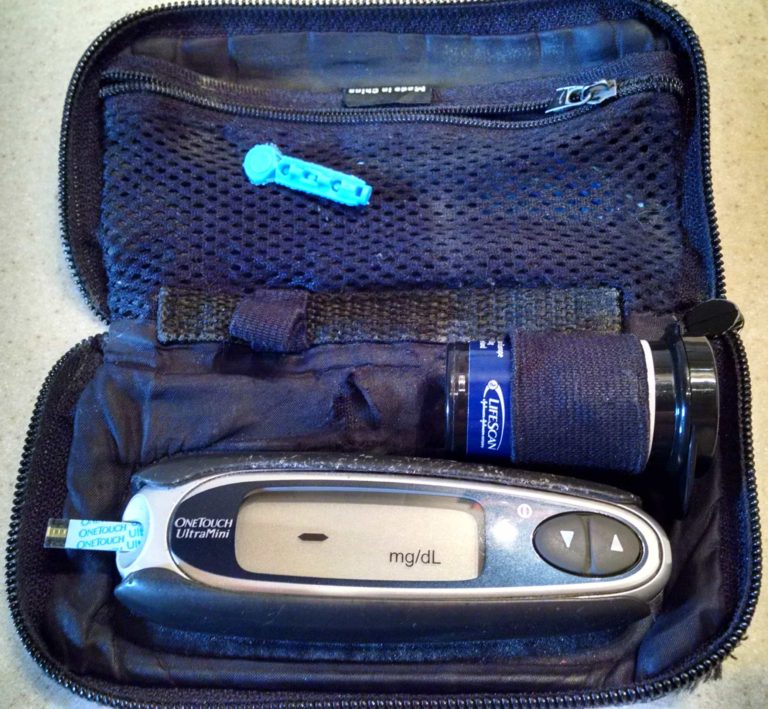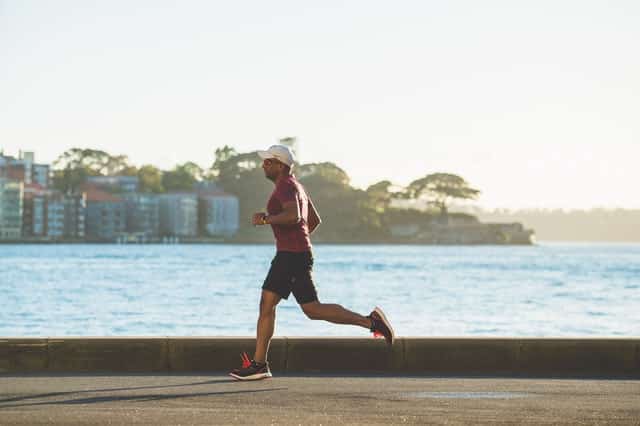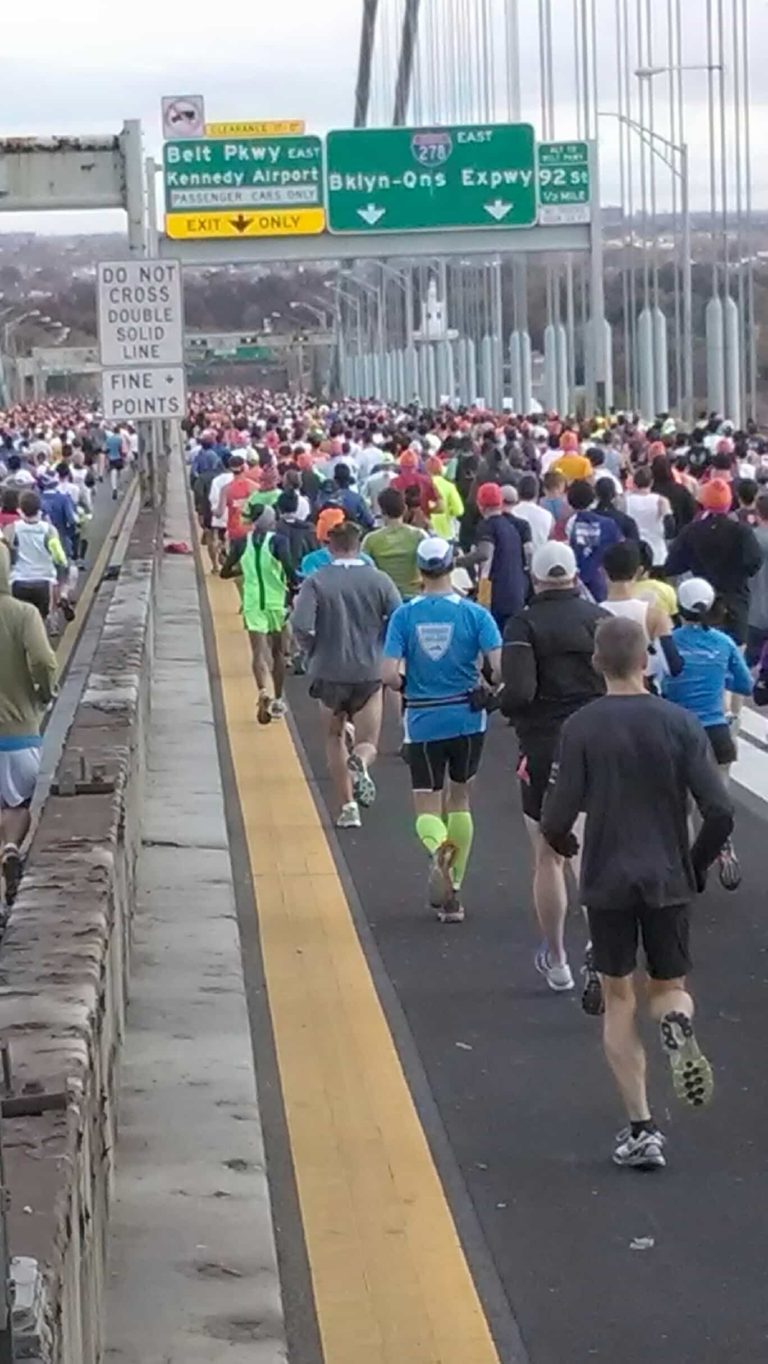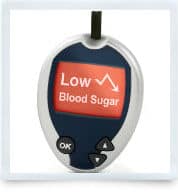What is Hypoglycemia? Symptoms
People who suffer from high blood glucose levels (diabetes), have to take medications to control blood sugar levels. This can however cause the serious condition – hypoglycemia. What is Hypoglycemia? It’s a condition opposite to diabetes of very low blood glucose level.
This condition may be very dangerous and even life-threatening, however, it’s extremely important people with diabetes are aware of its causes, what to do when hypoglycemia symptoms occur, and how to prevent the condition. So, let’s get started.
If you have diabetes and have a valid prescription from the doctor, you can buy insulin from Canada. It is much more beneficial!
What are the main causes of hypoglycemia?
Hypoglycemia (low blood sugar) may be provoked by numeral causes.
Here are the main ones:
- Giving too much insulin
- Skipping meals
- Not eating enough carbohydrates
- Excessive exercise
- Unplanned physical activity
- Alcohol consumption
- Use of illegal (narcotic) drugs
What are the warning signs and symptoms of hypoglycemia?
How do you know when your blood glucose levels are getting lower than the norm and you are developing hypoglycemia? It is very important to learn to trust your body because it can give the alarm signals necessary to prevent the unexpected attack of hypoglycemia. Minimizing the risk of severe hypoglycemia episodes and long-term complications in the future, means it’s essential to recognize these signals.
It may seem daunting at first, however, once you learn to recognize the signs and signals your body is giving you, you can better navigate what’s going on inside.
The main hypoglycemia symptoms include:
- Dizziness
- Sweating
- Headache
- Hunger
- Weakness
- Blurred vision
- Disorientation
- Mood swings
In the most severe cases, you may experience:
- Convulsions
- Loss of consciousness
- Coma
Knowing and recognizing the symptoms of low blood sugar means you can therefore react on time and save yourself from severe complications of the medical condition that may be health- and life-threatening.
Relatives, parents, and friends of a person who has diabetes should also be familiarized with the symptoms of hypoglycemia.
Also, you should strictly follow the insulin dosage regime, diet, and activity recommendations from the doctor, regularly check your blood sugar levels. Low blood sugar prevention is extremely important for diabetics, especially people with type 1 diabetes.
What happens during a low blood sugar episode?
When the level of glucose in the blood drops to critical levels, first of all, the supply of oxygen to the cells of the body is disrupted. The most sensitive to oxygen supply and such changes are brain cells. Malfunctions of the nervous system begin and all further symptoms of hypoglycemia are associated with this.
Due to the reaction of the cerebral cortex to ischemia (lack of oxygen supply to cells), behavioral disorders appear: drowsiness or anxiety, an unreasonable feeling of fear, severe hunger.
Furthermore, there occurs deeper damage to the brain, which leads to serious disturbances in well-being. Outwardly, this can manifest itself as redness, a person looks scared, blood pressure rises, and the respiratory rate increases. Dizziness or double vision begins, which leads to loss of orientation.
Over time, if hypoglycemia is not stopped, damage occurs in the middle parts of the brain, which leads to impaired consciousness and impulse conduction. Hypoglycemic coma occurs when the medulla oblongata is affected. Loss of consciousness occurs, and vital signs decrease (i.e., “pseudo-normal” blood pressure and respiration are observed, while the pulse may be somewhat quickened). The pupils are dilated and practically do not react to light.
What to do if I have hypoglycemia?
Treatment of hypoglycemia consists in the urgent restoration of vital parameters of glucose in the patient. However, eating simple carbohydrates is the right method. People at risk of hypoglycemia should always have fruit juice, candy, as well as a piece of chocolate with them. It is good to have glucose tablets in your bag. In an emergency, you can eat a tablespoon of honey or sugar.
How to prevent low blood sugar?
If you have diabetes mellitus
People with diabetes can easily avoid low blood sugar episodes by controlling their blood sugar levels. Furthermore, sticking to the proper insulin dosage, while minding their diet.
If you do not have diabetes
Healthy people cannot develop hypoglycemia. It can occur just in patients with diabetes who take diabetes medications – insulin.







